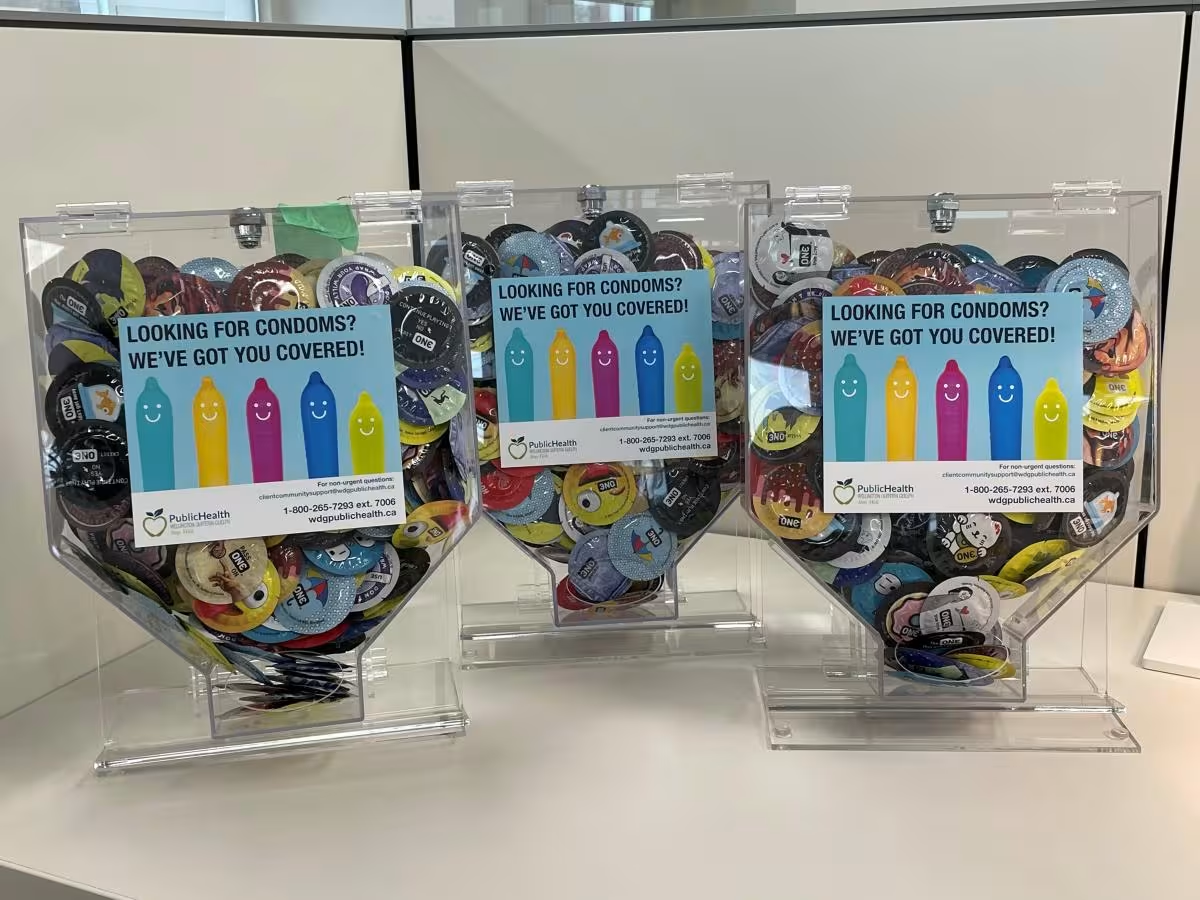
Human Development & Sexual Health Teaching Resources
Sexual health is about body awareness, overall health and well-being, making good and consensual decisions, and having respect for yourself and others. Most children enter puberty between the ages of 8 and 14 years. Teaching about human development and sexual health helps students to have a healthy understanding of their growth and development, healthy relationships, sexual health and more.
The following resources can be used by teachers in the classroom or to support school initiatives. For questions, contact Client and Community Support at 1-800-265-7293 ext. 7006 or email clientcommunitysupport@wdgpublichealth.ca.
School Programs
The Fourth R - Strategies for Youth Healthy Relationships is a comprehensive school-based program to promote healthy youth relationships by building the capacity of students, teachers, parents and the community in reducing violence and risk behaviours. For Grades 7-12.
SHORE Centre: Sexual Health.Options.Resources.Education provides online and in-person sexual health education workshops designed to address a variety of sexual health topics that are customizable to classroom grade and size. Presentations align with the Ontario Curriculum for Health and Physical Education. For Grades 4-12.
Recommended Websites
Always Changing & Growing Up is a puberty education and healthy, active living program for students. For Grades 5-8.
HPVinfo.ca provides the latest information on the Human Papillomavirus (HPV).
ItsaPlan.ca provides information about all types of contraception methods.
Ophea's Human Development and Sexual Health curriculum resources: Lesson plans supporting Grades 1-8 H&PE curriculum.
Sex and U provides accurate, credible, and up-to-date information and education on topics related to sexual and reproductive health.
Sexual Health Ontario provides information about healthy relationships, sexual health, sexually transmitted infections (STIs), birth control, and more. Includes a live chat to answer questions.
Sex Information and Education Council of Canada (SIECCAN) develops and disseminates comprehensive sexual health education resource for educators, health professionals and the public; conducts research on sexual health; and publishes the Canadian Journal of Human Sexuality (CJHS).
SHORE Centre (Sexual Health. Options. Resources. Education.) provides resources for educators of all grade levels to help teach about the human body, healthy relationships, consent, respecting diversity and more. Classroom games, activities and videos are available to support lesson plans.
YourPeriod.ca provides up-to-date information about menstruation, abnormal pain and bleeding, endometriosis, fibroids and other related conditions.
Teaching Kits and Resources
Sexual and Reproductive Health Kit
Provides educators with resources and learning material to support sexual and reproductive health education. Kit is available through Terry James Resource Centre (UGDSB).
Condoms and Condom Dispensers
Public health can provide condoms (boxes of 1000), wall-mounted or table top dispensers and posters. To order, call Client and Community Support at 1-800-265-7293 ext. 7006.
See images below for photos of the condom dispensers and posters available for schools.



